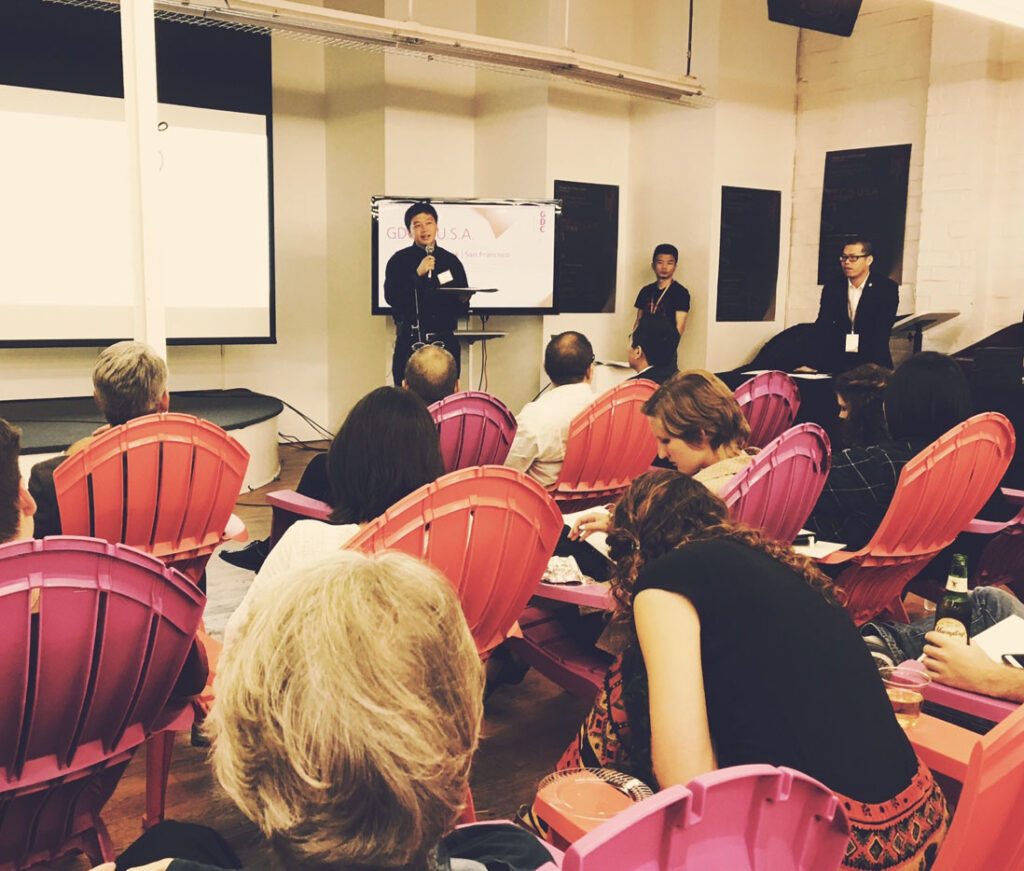
Ogilvy UK Says No To The Dark Side of Influencers—Will the Industry Follow Suit?
If you've ever visited r/instagramvsreality, you'll be well aware that what's presented on social media can, more often than we'd like, bear little resemblance to the truth.
Sure, we're all guilty of a little casual editing. Whether it's by omission (few of us mention our more abject failures on LinkedIn, for example) or through a carefully curated online front, most of us will have, intentionally or not, crafted an online identity that differs slightly from the "real" us.
Still, the truth is that the images we see online do impact our pysche. As the BBC reported in 2019, "A systematic review of 20 papers published in 2016 found that photo-based activities, like scrolling through Instagram or posting pictures of yourself, were a particular problem when it came to negative thoughts about your body."
And it's stats like that have led to Ogilvy UK's recent (and controversial) new stance on editing from paid influencers. Starting this May, the company will not work with content creators or influencers who, as they put it, "distort bodies".
When he spoke to The Drum about the move, Rahul Titus, Head of Influence at Ogilvy UK, made it clear the move was motivated by a moral stand. "As marketers, agencies, and brands, we have a duty to care for the next generation of people so they don’t grow up with what we see now,” he said.
The question, it seems, is a broader conversation about the role advertisers play in the cultural dialogue. Moreover, how much responsibility professional marketers bear for social ills.
Ogilvy's move brings to mind Dove's Real Beauty campaign, from almost a decade ago (coincidentally, Dove is a client). Although the message of body positivity is common now, when Dove made the move it was received as a bold, potentially brave, move. In the years since, plenty of brands have followed suit.
What is Ogilvy Really Doing?
The changes to Ogilvy UK's policies regarding influencers will take place over the course of two phases.
In the first phase, the company will solicit input and feedback from their partner brands (as influencers themselves), before moving to actually implement the outright ban in the second phase.
Phase 2, the ban itself, launches in May. The stated goal is to eliminate all serious editing of sponsored or paid influencer content in Ogily UK campaigns by the end of 2022.
The Controversy
The decision is, as one might expect, eliciting a varied response online. As does any decision, ever. But in particular, this move touches on a core piece of online discourse—namely, the perceived psychological damage that ensues from some types of online discourse.
Interestingly enough, the company made clear in announcing their policy that it is a response to the UK government's own policies now coming into affect. As they stated on Twitter, "While the Digitally Altered Body Image Bill is being reviewed by the UK government, our @OgilvyUK Influencer team is saying no to working with Influencers that distort bodies."
It's clear Ogilvy sees the move as a chance to stand on the right side of history. As Titus put it, “This is definitely the right thing to do and we want to be the agency that puts the key pieces in place so other agencies can follow up...customers want it, the industry wants it, influencers are generally happy about it – so why haven’t we done this sooner?”
However, as noted by The Drum in their piece on industry fallout in the wake of the policy, not all insiders are convinced it's the right play.
Said Christina Muller, UK head of social atVMLY&R, "I can’t help but think that influencers are only a product of the industry they serve. They have been brought up to believe that they need to alter their appearance to attract an audience, catch the eye of brands and ultimately get paid."
And according to Gemma Dowler, Art Director at Creative Team, "In many ways, I’m here for this, and in many ways, I’m really not. The same institutions who made us feel inadequate are now saying they won’t employ the women who have discovered a way to present a visual of the perfection they’ve been sold."
Both women put voice to a nagging bit of discomfort at the heart of Ogilvy's decision. Influencers don't exist in a vacuum. And in a world where women's bodies continue to be critiqued and criticised in ways that are both harmful and unfair, and where mass media sells an image of beauty that is still largely unattainable...is it any surprise that those who trade on their appearance feel obliged to edit their output so as to keep up?
On the flipside of the argument, one could liken the situation to that of doping in sports. It only takes a few true cheaters (that is to say, those who would dope no matter what) to make others feel the need to resort to steroids in order to keep up. You could argue that those athletes who turned to doping only in an effort to keep up, really had no choice in the matter. And yet the World Anti-Doping Administration sees no difference, and cuts no slack.
What Happens Now?
Ogilvy UK has already released their plan for how it will tackle the thorny problem of actually determining which images are edited. According to The Drum, they'll be using their proprietary InfluenceO AI engine to recognize images that have been altered or retouched.
THe policy itself won't ban all editing. Ogilvy UK will be judging the degree of an edit based on the standards set forth in the UK's proposed new Digitally Altered Body Image Bill, which would allow for changes in lighting, contrast, and color, for example, but not for body modification. The bill itself aims to tackle what lawmakers are calling "misleading" representations on social media.
Naturally, the legal move will (if adopted) precipitate more changes in UK advertising. Ogilvy UK is just the first to make a policy...and a pre-emptive one at that. For now, the functional impact is limited to the advertising world of Great Britain. But as the online discourse reacts to Ogilvy's decisions, we can expect other brands and companies to take note. And we may not be far from other governments making similar pushes for legal standards around online body modification.
In any case, nothing will change overnight. As Titus told The Drum, “We are talking about reversing 10 years of social media behavior and that’s not going to happen in two months. We know that what we are putting in place we will not see any immediate benefits for the next five years. It’s too big a project and that’s OK.”





